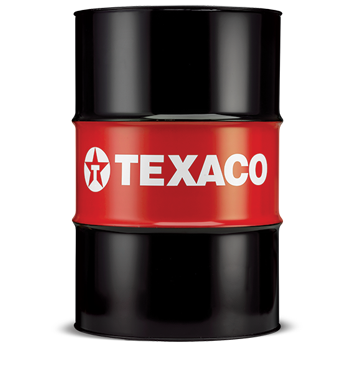Cetus DE 100
Ultra high performance synthetic compressor lubricant

Cetus DE 100 is an ultra high performance synthetic compressor lubricant specifically designed for reciprocating compressors operating at high discharge temperatures and pressures. It is also suitable for rotary vane and rotary screw compressors.
- Cetus DE 100 can be used in portable and stationary rotary screw, rotary vane, and reciprocating compressors
- Cetus DE 100 is compatible with conventional non-detergent petroleum oils, although mixing will reduce the performance of the synthetic lubricant
- Cetus DE 100 can be used in compressors with the following gases: process air, benzene, butadiene, carbon dioxide (dry), carbon monoxide, ethylene, furnace (crack) gas, helium, hydrocarbon gases, hydrogen, inert gases, methane, natural gas, nitrogen, propane, sulphur hexafluoride, and synthesis gas
- Cetus DE 100 can be used in contact with the following seals, paints, and plastics: Viton, High nitrile Buna N, Teflon, Epoxy paint, Oil-resistant alkyd, Nylon, Delrin, Celcon
- Cetus DE 100 should not be used with: Neoprene, SBR rubber, Low nitrile Buna N, Acrylic paint, Lacquer, Polystyrene, PVC, ABS
- Cetus DE oils are registered with NSF and are acceptable as lubricants where there is no possibility of food contact (H2) in and around food processing areas. The NSF Non-food Compounds Registration Program is a continuation of the USDA product approval and listing program, which is based on meeting regulatory requirements of appropriate use, ingredient review and labelling verification
- Low deposit formation and deposit solvency characteristics aid compressor keep-clean performance and uptime
- Advanced formulation helps reduce oil consumption and oil carry-over, reducing running costs
- Assists reduction in varnish, sludge and deposit formation, helping reduce maintenance downtime
- Contributes to increased valve service life and cleanliness, offering increased system reliability
- High flash and fire points with higher auto-ignition point over conventional petroleum lubricants promotes increased safety margins
































